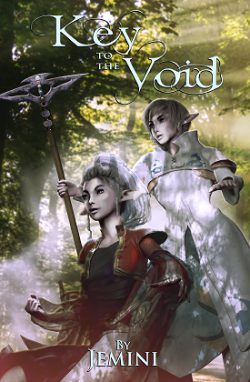Discount_Blade
Sent Here To Piss You All Off
- Joined
- Jul 2, 2019
- Messages
- 1,347
- Points
- 153
i
I basically just made an extremely complicated leveling system for a LITRPG. Basically what I'm writing instead. Well, I'm not sure if its complicated. It just has a various number of sub-sections to the Main System? Dunno how to explain it. It's the first one I've ever written.
The idea of cultivation is huge and probably is used in many novels, without you even realizing it, so if you can find a way to like the genre...that might be easier lol.
I made up my own and am proud of it.
No 'normal person' is an uber, godly person and you can't learn everything.
I cut it into 2 lots, personal and skill and personal is basically your 5 senses, which you only improve. (Personal is also what everyone can do)
Skill, which is basically mental, physical, spiritial, etc is something you can come up with yourself!
If you don't want a story that has mind control, or whatever, don't put it in. (In my story, everyone had 1 skill, it was rare if someone had more)
A more detailed explanation of my idea on this concept of cultivation is in a chapter of the Anonym & Switch story of mine.
Look up the meaning of cultivation and instead of hating the idea of it, make your own idea of it up. It's your story.
Honestly, any type of learning or acquiring a skill is cultivating so you'll probably have it whether you like it or not...
I basically just made an extremely complicated leveling system for a LITRPG. Basically what I'm writing instead. Well, I'm not sure if its complicated. It just has a various number of sub-sections to the Main System? Dunno how to explain it. It's the first one I've ever written.

